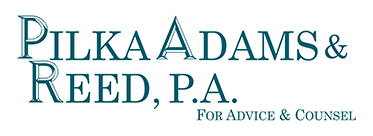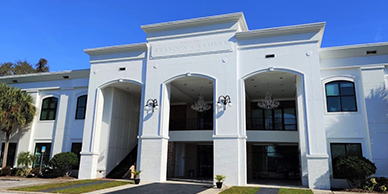In Florida, the Homeowners’ Association (HOA) plays a significant role in maintaining the value and attractiveness of planned communities, such as townhouses, condominiums and co-ops. Under Florida law, they have the authority to manage and regulate common spaces in the neighborhood. This includes developing and enforcing rules on shared facilities as well as collecting fees to maintain these areas. As homeowners, you must know the HOA regulations—understanding these rules could help you in case you get involved in a dispute with your HOA.
In the case of condominium living, the Condominium Association plays this role. They foster good relationships among unit residents through establishing rules within the building and shared amenities. This could include rules and regulations on:
- Maintaining the lobby and hallway
- Maintaining the building exterior and roofing
- Landscaping of the exterior grounds
- Controlling pets and noises
- Using swimming pool, gym, and other facilities
- Using of parking spaces
Homeowners vs. Condominium Residents
Homeowners own their houses and lots. On the other hand, condominium residents own only their units. Condominium residents can only repair or renovate within their units. Any alterations outside their unit must be coordinated with the association. They also own a share of the common spaces in the building, including amenities and event facilities. However, the association manages these spaces. Residents must follow the association’s established rules and regulations when using the shared areas.
Condominium residents, or those planning to buy a condominium unit, should clearly understand their rights related to the shared areas and their obligations as residents in the building. It is also important to hold the association accountable for their duties. All information on the Condominium Association is accessible through the condominium declaration provided to the unit owner.
Disputes with Condominium Association are common
Disputes between the condominium resident and the association often arise from misunderstandings or the need for more transparency. It could also happen when the association oversteps the rights of the residents. The concerned parties could resolve these issues through mediation. But sometimes, issues could turn into legal action. Seeking the professional knowledge of real estate attorneys could help you through this process, ensuring that you understand your rights and obligations.

